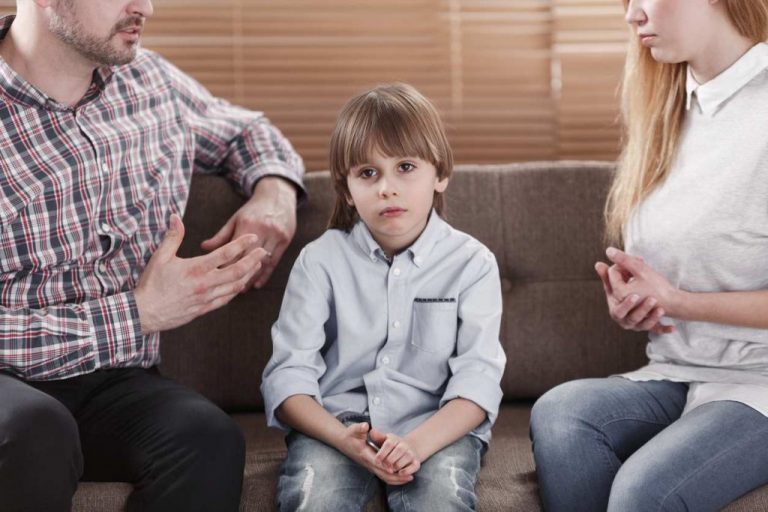Anger seems to be a challenge many people are faced with when divorcing. Recently a student declared that she had anger issues. What exactly did that mean for her? “Well” she said” I often get triggered and then I act in an aggressive way. I’ve been married three times and they all ended because of my anger issues.”
As we talked, it became clear that the surface issue was anger. However, in all her relationships, she had gone through a courtship phase, without the aggressive, reactive, or “explosive” behavior. So it became clear that under certain circumstances she could be in control of her anger.
There is a lot of confusion about anger.
Anger is actually a secondary emotion. What are the primary emotions that could “lead’ us to feel angry? There are many and the reaction is also based on the interpretation of the situation.
For example , if I were to interpret a comment which was meant as a compliment as sarcastic or judgmental–it would lead to feelings of hurt, fear (“I can’t trust this person”, “I don’t feel safe with this person”), confusion, sadness, anxiety, resentment, etc. Likely, the interpretation itself would be based on past experiences, self-image and self-esteem, old beliefs about how safe and secure I am in the world, and my sense of personal power.
The pain which arises in a current situation most often relates to other painful situations in the past. The painful experiences of the past, which could not be processed or expressed become part of our “emotional archives”. We store these memories in such a way to try to ensure that we can try to avoid similar feelings in the future. When we were in a powerless situation (such as when we are young, or in a work environment with little control or power) we are much more likely to “store” the pain in those situations, since there was no avenue for us to express our feelings.
When we cannot deal with pain in the past, we will develop defenses to try to “protect” ourselves from similar experiences in the future. Of course, this strategy is doomed to fail, because sooner or later a situation will arise and the old wound is torn open again.
When the old would is reopened and the pain is felt, we will try to stop it as soon as we can. So we use anger as a way to try to stop what we identify as the source of the pain. Since the other person who said or did something that felt hurtful –which immediately tapped into the old unresolved pain- we want to hold them responsible. Even if the other person apologizes, the old pain remains unresolved. In this way, we try to maneuver through life with anger as our “go to” to protect our wounds.
So the issue is not so much uncontrolled anger, as much as unresolved pain. Loneliness, abandonment, fear, grief, abuse, failure, disappointment, betrayal, rejection (offered as examples of many other possible painful experiences that haven’t been expressed).
Once the real issues have been identified, we can constructively attend to the healing process versus destructively avoiding healing. If we don’t stop avoiding the painful feelings we will continue to be destructive. The destructive patterns of blaming, shaming, judging, criticizing, condemning, and often angry actions and words spoken in anger perpetuate suffering and create even more conflict.
Are you finding yourself not dealing well with anger issues in your relationship? Call me, Nick Meima, and let’s work together.
We can help.



